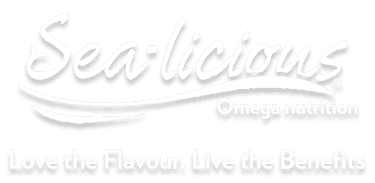Increase your “Happy Cholesterol”: HDL

Research shows that HDL cholesterol tends to carry cholesterol away from the arteries and back to the liver for disposal. HDL acts like a bottom-feeder in a fish tank. It cleans off the walls of the blood vessels, thus removing excess LDL cholesterol. HDL cholesterol is known as “good” cholesterol because a high level of HDL seems to protect against heart attacks. Even small increases in HDL cholesterol reduce the frequency of heart attacks. For each 0.03 mmol/L (1 mg/dL), or 1 percent, increase in HDL cholesterol, there is a 2 to 4 percent reduction in the risk of coronary heart disease.
Tips to increase HDL Levels:
– Regular cardio exercise (aerobic exercise) that burns between 1,200 and 1,500 calories each week can have dramatic results.
– By losing ten pounds of excess weight (fat), you will see a significant increase in HDL cholesterol.
– If you smoke, quit—cigarettes decrease HDL cholesterol levels. A study published in Prevention Medicine showed that HDL cholesterol levels increased by approximately 4 mg/dL (0.12 mmol/L) following smoking cessation.
– Lower your carbohydrate intake (especially processed, refined, white carbs). Avoid everything white: white bread, white rice, white sugar, white flour, white potatoes. Studies prove that HDL levels drop dramatically when blood sugar is spiked by carbohydrates.
– Take natural supplements such as GLA, EPA + DHA (from fish oil), fiber supplements, and tons of antioxidants such as resveratrol and CoQ10.
A recent news report shows that only 13 percent of US adults have high total cholesterol, which is very interesting, especially since Cardiovascular Disease (CVD) is still the number one killer in the United States, a country where two-thirds of adults are overweight.5 The reason cited was that so many Americans use cholesterol-lowering drugs, yet if the prevalence of cholesterol has decreased, why are rates of heart disease still so high? The old “cholesterol hypothesis” suggested that elevated cholesterol in the blood increases the risk of CVD, and that a high intake of saturated fat increases blood cholesterol. This theory is completely outdated and far too simple. In fact, we know that our diet is missing a healthful level of good saturates (short and medium-chain), and this deficiency is one of the factors related to an increased risk of CVD and metabolic syndrome. It’s important to remember that cholesterol is only one of 200 risk factors for heart disease, meaning there are other factors that are far more important to consider. As well, cholesterol-lowering drugs have numerous side effects, decreasing levels of coenzyme Q10 being one of them—this is linked to heart attacks and heart disease, which could be one of the possible explanations for low cholesterol yet high rates of heart disease.
